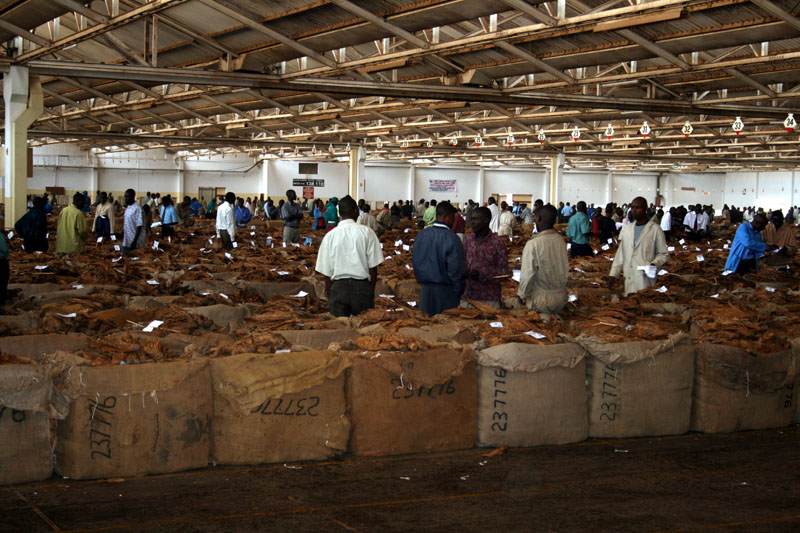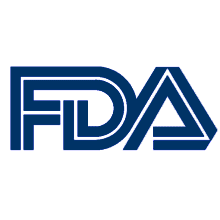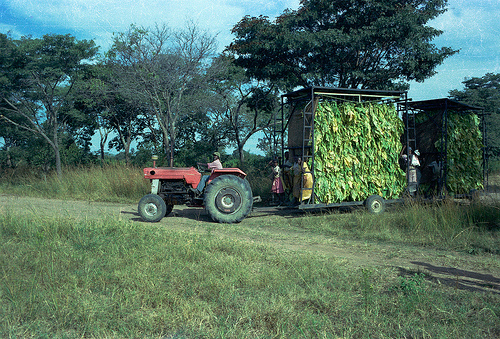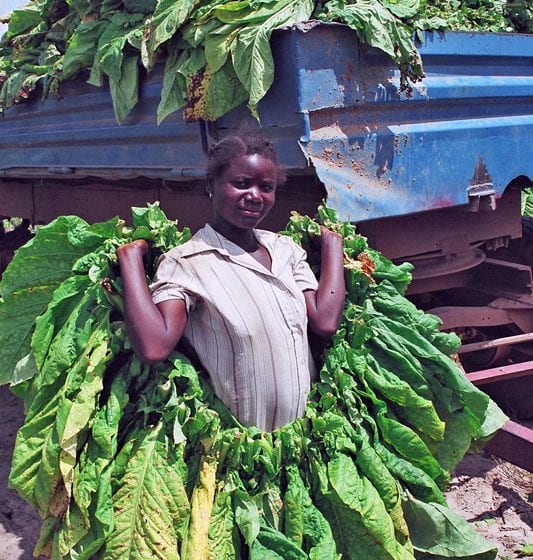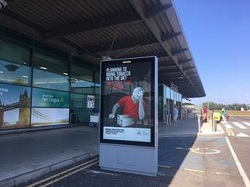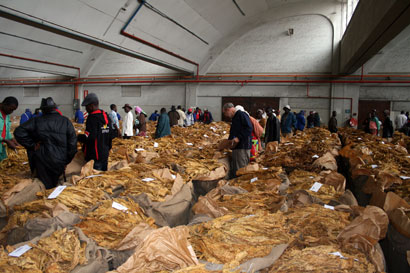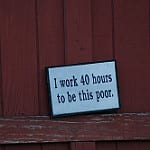Farmers are being encouraged to follow ‘proper methods’ in growing their tobacco in a bid to produce quality leaf and realize ‘significant earnings,’ according to a Capital Radio Malawi story.
But while the story suggested that quality was the key to ‘significant earnings’; it suggested too that the fall in prices that had occurred was due to tobacco-product volume declines.
‘The tobacco industry is facing numerous challenges on the international market, due to the anti-smoking lobby championed by the World Health Organization (WHO),’ the story said.
‘This has led to a decline in prices as well as markets for the crop, which is Malawi’s major foreign exchange earner.’
The Capital Radio story said that during the 2016/2017 growing season, Malawi had reduced the quantity of tobacco it had produced from that of previous years, without saying by how much.
The story did not say, either, how the average grower price this year had compared with that of previous years when more tobacco had been grown.
The story did say, however, that this year’s market, which opened in April and closed last month, generated US$199 million, down US$77 million or about 28 percent from that of 2016, $276 million; and down US$138 million or about 41 percent from that of 2015.
The Tobacco Control Commission’s acting CEO, David Luka, was said to have told Capital FM, that ‘despite low production, the quality of the leaf improved this year’.
Luka said this was mainly because farmers were now using certified seeds, and were properly monitored and inspected.

